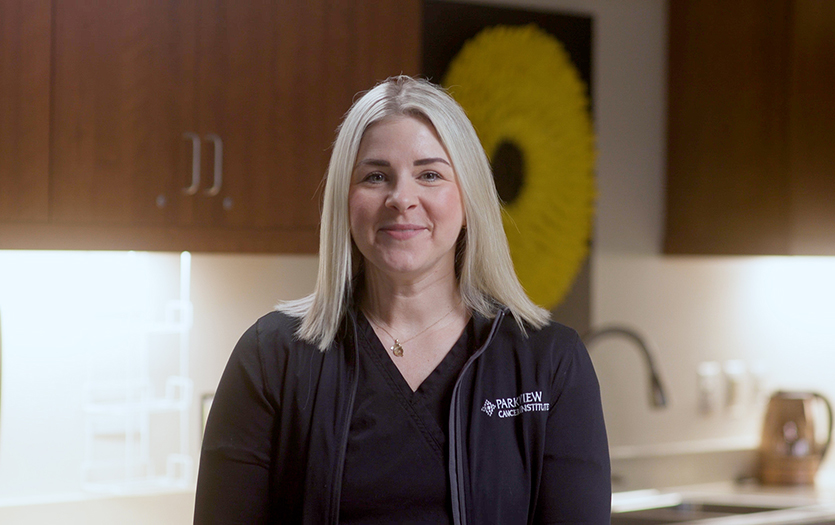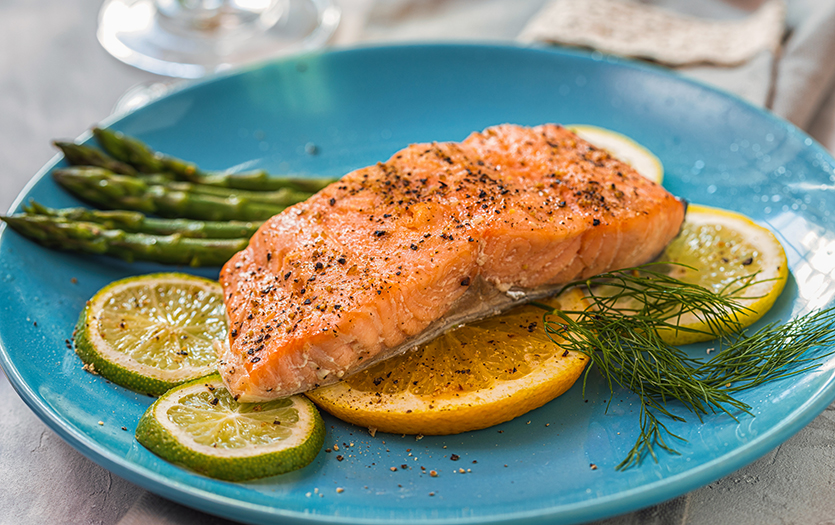
Black, flat white, tall, skinny, half-caf, double shot … For many of us, a nice warm cup of coffee, made to order, is part of our morning routine. While there’s no shortage of opinions on the best way to take it, Amanda Sytsma, RDN, offers her thoughts on the healthiest ways to doctor it up and what those extra add-ins can mean for your overall health goals.
What are some of the drawbacks of “fancier” coffee options?
Espresso-based drinks (such as lattes, cappuccinos and macchiatos) are generally made with whole milk, unless specified otherwise. The same goes for syrups. They are typically full of sugar, unless you request the sugar-free option. These elements alone are two easy ways to add additional calories and fat to your daily intake.
What are some of the least healthy additions to your coffee?
Butter, cream, whole milk and sugar. These are calorie-dense foods that supply little nutrition.
What are some simple swaps people can make to lighten up their coffee?
Try drinking your coffee black. A cup of black coffee offers about 5 calories. You could easily swap in almond milk or low fat milk (skim or 1%) for cream or whole milk, and a sugar alternative, such as stevia, instead of regular sugar or honey. Consider limiting sugar alternatives made from saccharin as much as possible. If you are unwilling to swap out your cream or sugar, you could always focus on the amount you are putting in your coffee and gradually decrease.
Are there any additions that are actually beneficial to our health?
According to the Academy of Nutrition and Dietetics, “Drinking moderate amounts of coffee (including decaf) has been linked to lower risk of cardiovascular disease, Type 2 diabetes, Parkinson's disease and some cancers.” (Note: The American Congress of Obstetricians and Gynecologists recommends that pregnant women cap caffeine consumption at 200 milligrams a day.)
Any thoughts on “bulletproof” coffee (adding butter/coconut oil)?
Adding butter and oil to your coffee adds a lot of calories but little nutrition. If you add 1 tablespoon of coconut oil and 2 tablespoons of unsalted butter to your coffee daily this would provide an additional 320 calories. If you enjoyed this beverage daily over a month this would provide an additional 9,600 calories or about 2.75 pounds of weight gain.
What are the best coffee alternatives?
If you are wanting to watch your caffeine intake, you could always switch to decaf coffee. If you are looking for a warm beverage, try a hot tea. Hot teas offer a variety of flavors and can be found un-caffeinated as well.



